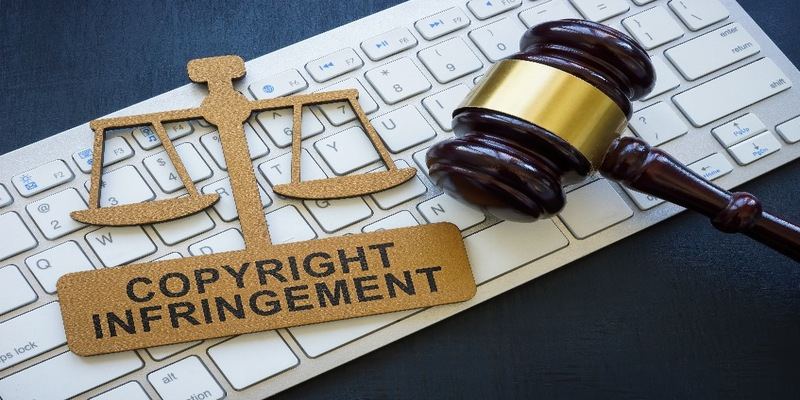Description

Copyright infringement not intended
Picture Courtesy: pix4free.org
Context: Lok Sabha Ethics Committee to investigate a matter against a Member of Parliament.
Ethics Committee
- The Ethics Committee was first constituted in the Rajya Sabha in 1997 and in the Lok Sabha in 2000. It was made a permanent committee in the Lok Sabha in 2015.
- The Ethics Committee in the Lok Sabha consists of 15 members. The Speaker appoints members of the committee for one year.
- The Ethics Committee in the Rajya Sabha consists of 10 members, including its Chairman, who is nominated by the Chairman of the Rajya Sabha.
- The primary role of the Ethics Committee is to oversee and maintain the moral and ethical conduct of members of Parliament. It examines cases of misconduct referred to it.
- The committee has the authority to entertain complaints against members of Parliament submitted by any person, including other members of Parliament. Complaints must be accompanied by evidence of misconduct and an affidavit stating that the complaint is not false, frivolous, or vexatious.
- Upon receiving a complaint, the committee conducts a preliminary inquiry to determine whether it should be examined further. If the committee decides to proceed, it provides the member concerned with an opportunity to be heard.
- After examining a complaint, the committee makes recommendations to the Speaker of the Lok Sabha or the Chairman of the Rajya Sabha. Based on these recommendations, the Speaker or the Chairman may take appropriate actions, which can include issuing warnings, admonishments, or recommending the expulsion of the member from the respective house.

Limitations and criticisms
- The Ethics Committee primarily deals with matters related to the ethical conduct of MPs. More serious complaints, such as those involving corruption or serious breaches of privilege, may be referred to other committees like the Committee on Privileges or special panels specifically established by the Lok Sabha or Rajya Sabha for such cases.
- The work of the Ethics Committee sometimes overlaps with the Committee on Privileges, as both committees may handle matters related to the conduct of MPs. The Committee on Privileges, in addition to overseeing the conduct of MPs, is responsible for safeguarding the freedom, authority, and dignity of the Parliament as a whole.
Conclusion
- The Ethics Committee plays a crucial role in upholding the ethical standards and conduct of members of parliament and ensuring that their behaviour aligns with the principles and values of the Indian Parliament. It is part of the broader framework of parliamentary committees in India that serve various functions in the legislative process.
Must Read Articles:
SPECIAL PROBE PANEL: https://www.iasgyan.in/daily-current-affairs/special-probe-panel
PARLIAMENTARY COMMITTEES: https://www.iasgyan.in/daily-current-affairs/parliamentary-committees-33#:~:text=Parliamentary%20Committees%20also%20exercise%20oversight,for%20their%20performance%20and%20outcomes.
|
PRACTICE QUESTION
Q. How has the parliamentary democracy system in India evolved since its independence in 1947, and what are the key features that distinguish India's parliamentary democracy from those of other countries?
|









